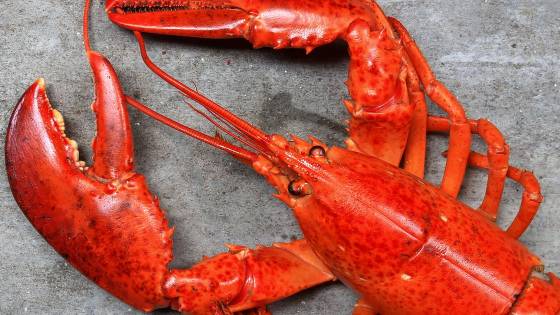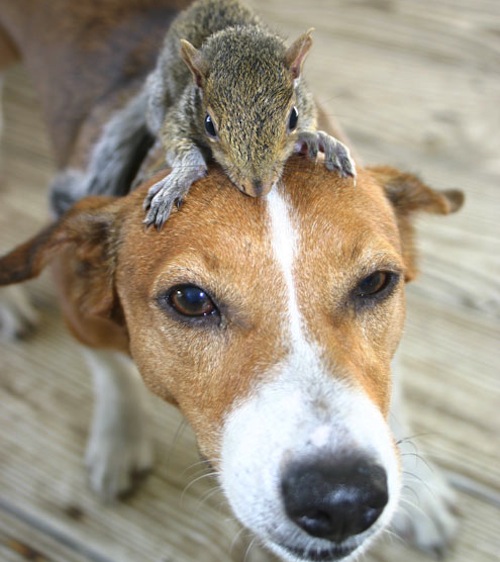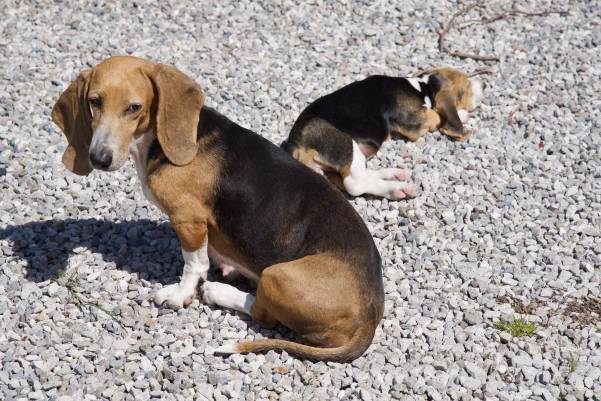Our dogs always seem to want what we’re eating. Does your dog sit at your feet, with huge eyes, begging for a bite? If so, you’re not alone. Sometimes they can win us over with those large eyes; however, there are times when you shouldn’t share food with your fur baby.
Connect with a verified veterinarian in minutes. Licensed vets are available 24/7 to answer your questions. No need to worry about your furry family member.
One of those times is when you’re eating something spicy. It can happen that your dog may visit the wastebasket or help himself to something spicy on the counter. Accidents do happen! However, dogs really shouldn’t eat food that’s spicy.
Dogs & Spicy Foods
Food that is intensely spicy may not harm you in any way; however, these foods can harm your dog. For instance, some types of mild peppers may not seem too spicy for you. But for your dog, even mild peppers can be too hot for him.
The same applies to any type of spicy food that we may eat. Now, there are some dogs who may enjoy spicy foods. But for the most part, dogs really don’t handle spicy foods very well. And in some instances, there are spices that can be toxic to dogs.
One more reason not to feed your dog spicy foods is pancreatitis. This is a very painful condition that causes inflammation in the pancreas.
Symptoms of Spicy Foods in Dogs
Spicy foods can lead to the following symptoms:
- Mouth pain
- Diarrhea
- Gas
- Vomiting
- Excessive drooling/foaming at the mouth
- Excessive thirst (which leads to more vomiting)
These symptoms may be short-lived; if they last longer than 12-24 hours, then it’s definitely time to call the vet. Your dog needs help to stop the diarrhea and vomiting. He should also be checked to see if he’s eaten something toxic to dogs.

Review symptoms, medications & behavior to keep your pets healthy with a Vet Online in just minutes.
Ask a Vet Live NowTreatment for Spicy Foods in Dogs
Treatment will depend on the vet’s diagnosis. If they diagnose pancreatitis, then if your fur baby has a mild case, the vet will recommend rest. This may include withholding food for a few days. If your dog’s not vomiting, then the vet may recommend a low-fat diet to help him recover.
Your dog may require an IV and be treated with pain medication, anti-inflammatory medications, and more to control the vomiting and diarrhea. If there’s an infection, the vet will also give your dog antibiotics.
Pancreatitis usually means that your canine companion will need to spend at least a couple of days in the hospital.
The prognosis is excellent for dogs who receive prompt medical treatment after eating spicy foods. Most will go on to make a full recovery and be back to normal again!
Connect with a verified veterinarian in minutes. Licensed vets are available 24/7 to answer your questions. No need to worry about your furry family member.

Kim
Kim is a talented author, who loves animals especially dogs. She engaged in writing books and articles relating to animals a decade ago. Kim resides in Chicago with her husband and son. The family is the proud owner of a dog and a parrot (Jack and Lily). Kim wanted more than these two pets, but her husband put his foot down... She often visits elementary schools to talk to the kids about what she learned about pets and how they could learn from them.
Review symptoms, medications & behavior to keep your pets healthy with a Vet Online in just minutes.
Ask a Vet Live Now




